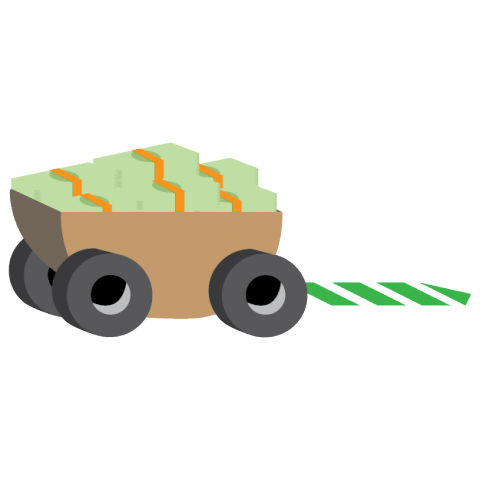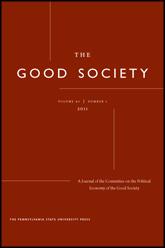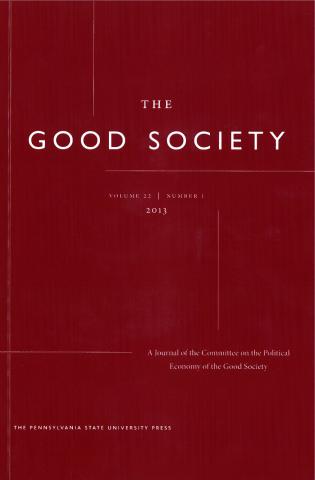A new paper from Living Cities analyzes the structures and behaviors of effective cross-sector partnerships to provide a framework for how to best achieve measurable impact. Author Alison Gold examines four cross-sector partnerships to show what traits are needed to build a strong foundation for the partnership, what factors influence the partnership’s success, and what behaviors will produce high-impact partnerships. Intended as a tool for cross-sector partnership members and funders, this paper provides a means for reflecting on how best to use partnerships to create sustainable change.






